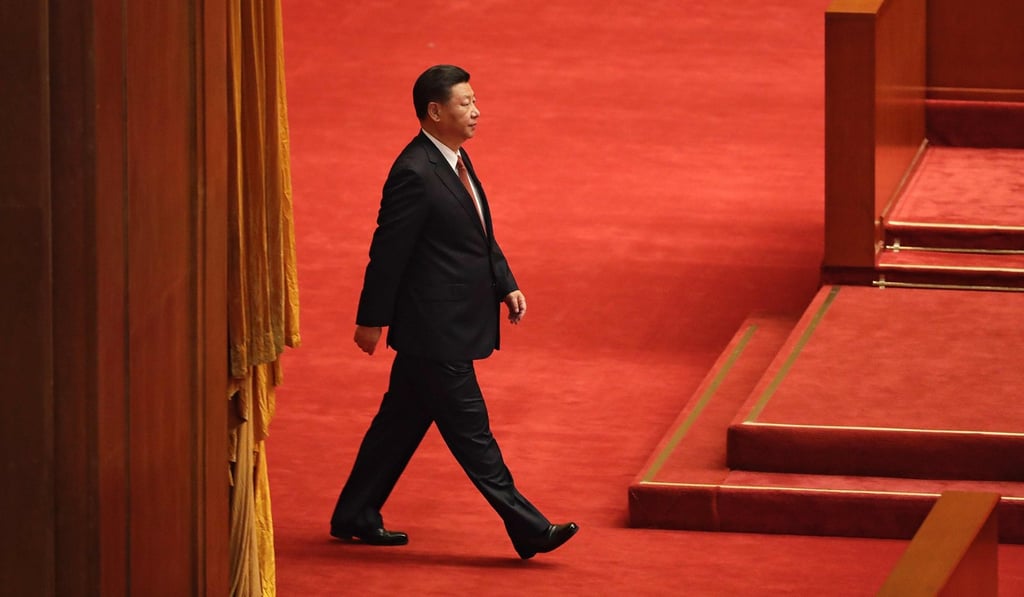Quick Take | Opinion: The real message for the world in China’s first global congress
Xi Jinping may be the lead character in the latest episode of a play unfolding since 1921, but the plot is about the Communist Party

Looking at various congresses over the past nine decades, one can map a narrative of the Communist Party and its development. They form the backbone of the organisation’s story.
The first, in 1921, was an epic of endurance and survival, held over nine days – the first seven in Shanghai and the last two in neighbouring Zhejiang after police disrupted proceedings. Of the 13 delegates who attended, more than half were to end up murdered, exiled or purged in the ensuing years.
China’s Asia vision harks back to 1945, but this time it has the money
Watch: What has Xi Jinping done during his first five-year term?
Since 1978, they have acquired a five-year rhythm, giving a sense of party continuity and predictability in a China convulsed by marketisations and social change. Each congress over this period has come to contribute to the unfolding tale of the reform era.
We still do not know what the specific ingredients will be in the new episode of this grand drama, but we get the drift of the overall plot from all that has come before.

We know we are not watching a tragedy. That belongs to the past – the era before 1949 – when there seemed to be no hope. The party has now progressed through the years of purgatory under Mao, into the sunnier period of optimism – of the promise of happy endings and bright messages. For all the talk surrounding this congress’ likely challenges and problems, there will one dominant metanarrative: things will turn out well in the end.
